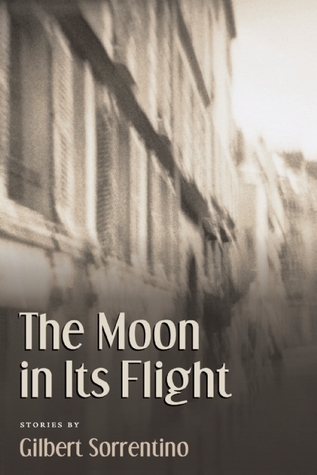What do you think?
Rate this book


300 pages, ebook
Published November 15, 2012
It’s a guess, one that pleases me, that as Clifford read the proofs of this fourth novel, as he battered his way through its dreary lines of prose, a prose that seemed manufactured by a language contraption with decorative abilities, he was relieved, even pleased. This is the McCoy! I’ll have him say, or something like it, Oh boy! perhaps. Maybe this book would do it. “Scintillating,” even “wise.” And with a pronounced “attention to scenes and their riveting details, not to mention their dialogue, that is almost cinematic.” You never know.
…in the fifties, Ben was a member of a large minority of young people that thought that life was somehow nonexistent outside of the academy, that is, life within the university was real life – outside were those strange folk who spoke ungrammatical English and worshiped the hydrogen bomb.
In the midst of its opening meeting on the subject of punishment for the transient, one member made it embarrassingly clear that he believed that the color of decay, disease, shit, piss, vomit, paralysis, and death is a color that one can’t help but see each and every day, right on the quiet, but rather sticky streets.
Somewhere in the building a young man is singing a song, accompanying himself on the guitar. I can’t make out the words, but I know that they are about freedom and love and peace – perfect peace, in this dark world of sin.